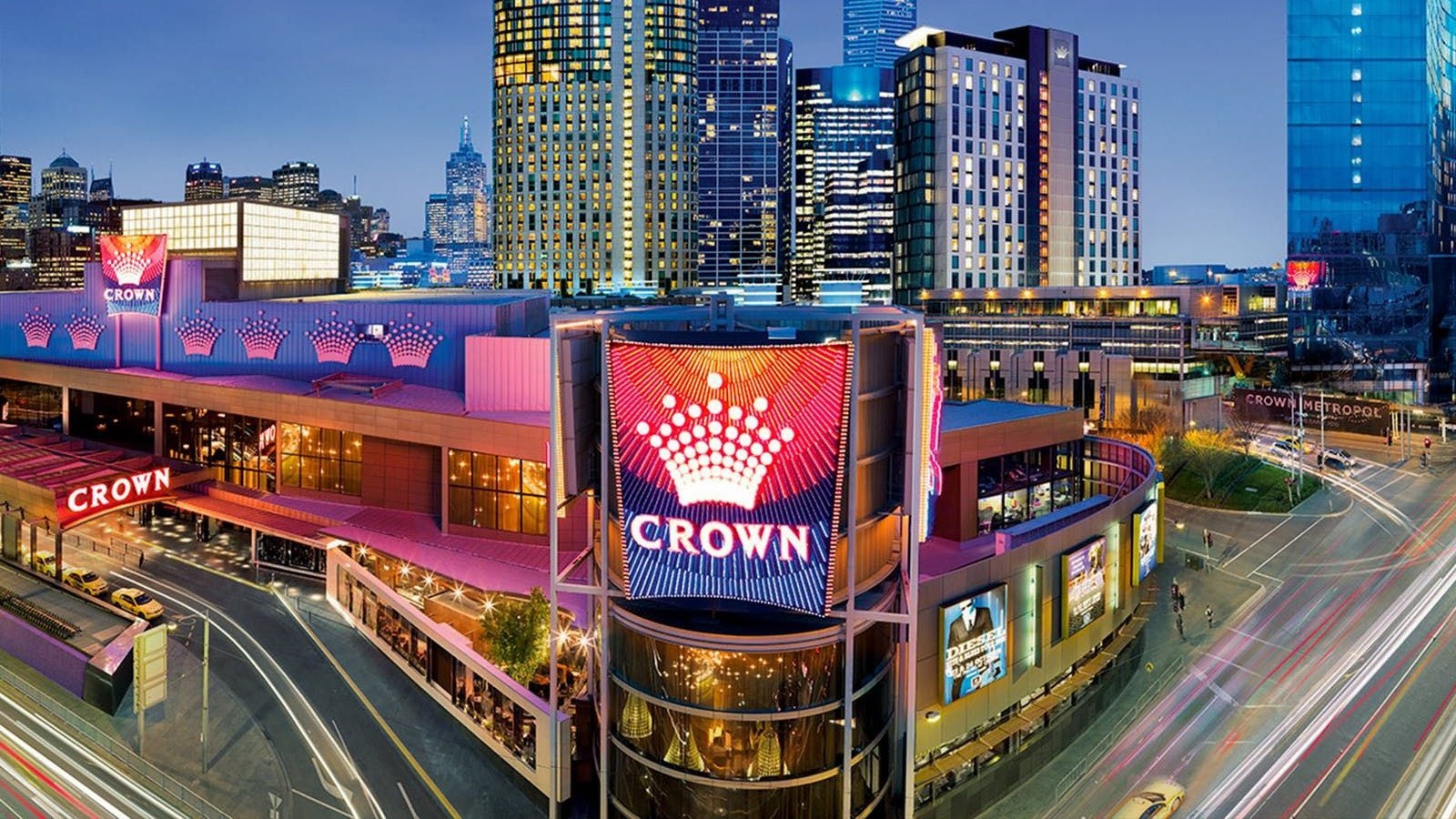Crown Casino in Melbourne, Australia now faces a record AUD 80 million (USD 57 million) fine for a scheme that allowed an illegal transfer of funds from China, as a Victorian royal commission into Crown uncovered that foreign punters were able to use a China Union Pay (CUP) bank card to access funds to gamble at the casino between 2012 and 2016. The decision comes a few days after Crown shareholders voted in favor of a previously unveiled business sale to New York-based alternative investment management company Blackstone, now under consideration of the casino watchdog.
It was estimated by the Victorian Gambling and Casino Control Commission that Crown derived revenue of more than AUD 32 million (USD 22.9 million) from the cited illegal transaction, which violated Chinese laws and Victoria’s Casino Control Act.
According to ABC News Australia, the regulator’s chairperson Fran Thorn stated the fine would strip the casino of the revenue it generated from the illegal conduct, despite its cooperation along the process: “Crown’s CUP process was a clandestine, deliberate process which not only breached the Casino Control Act, but was also devised to assist patrons to breach China’s foreign currency exchange restrictions”.
Thorn also assured that Crown was aware of the risk that the CUP process could be illegal, but decided to run that risk. “In doing so, it showed no regard for upholding its regulatory obligations. Indeed, it went to some lengths to hide what it was doing”.
In the period comprising 2012 and 2016, Chinese nationals were not able to transfer more than $50,000 out of the country per year. The royal commission found that Crown had devised a scheme where it would issue false receipts for hotel services. Guests would then pay the bill using a China Union Pay bank card in exchange for a voucher, which was redeemable for some chips.
In an official statement, Crown Casino said it acknowledges its historic failings: “Upon becoming aware of this historical conduct, Crown’s board immediately commissioned an independent investigation and shared the findings with the Victorian royal commission, the Victorian Commission for Gambling and Liquor Regulation (the predecessor to VGCCC) and other regulators. Crown’s board and senior management are committed to the delivery of a comprehensive reform and remediation program to ensure Crown delivers a safe and responsible gaming environment and continues to cooperate with the VGCCC on all matters arising from the Victorian Royal Commission Report”.
Given the fact that the maximum fine the regulator can impose is AUD 100 million (USd 71.7 million), Tim Costello, chief advocate for the Alliance for Gambling Reform, said during an interview for ABC Radio Melbourne that the fine was “absolutely appropriate” and was due to stronger legislative powers given to the regulator.
During these disciplinary proceedings, it became apparent that, in addition to the CUP process, there were other mechanisms that continued after 2016, enabling cards to be used as access cash at Crown Hotels, which was then potentially used for gambling. However, Crown argues those transactions do not contravene the act, but the VGCCC will investigate.
The regulator is also considering further disciplinary proceedings against Crown related to the other findings of the Royal Commission, which may each result in a fine of up to $100 million.
The Victorian royal commission into Crown found the casino guilty of “disgraceful” conduct, and recommended it be stripped of its license if it could not prove it had reformed itself by 2023.
Monday’s decision came just before regulators in Victoria, New South Wales, and Western Australia —all of whom have found Crown unfit to hold gaming licenses at different times— decide on whether to approve the Blackstone AUD 8.9 billion ($6.3 billion) takeover deal.
Back in March, the Australian Transaction Reports and Analysis Centre (AUSTRAC) commenced civil penalty proceedings in Federal Court against Crown Melbourne and Crown Perth. The action was launched for alleged “serious and systemic non-compliance” with the country’s anti-money laundering and counter-terrorism financing laws, AUSTRAC explained. The failures accounted for up to 547 breaches of anti-money laundering laws.



